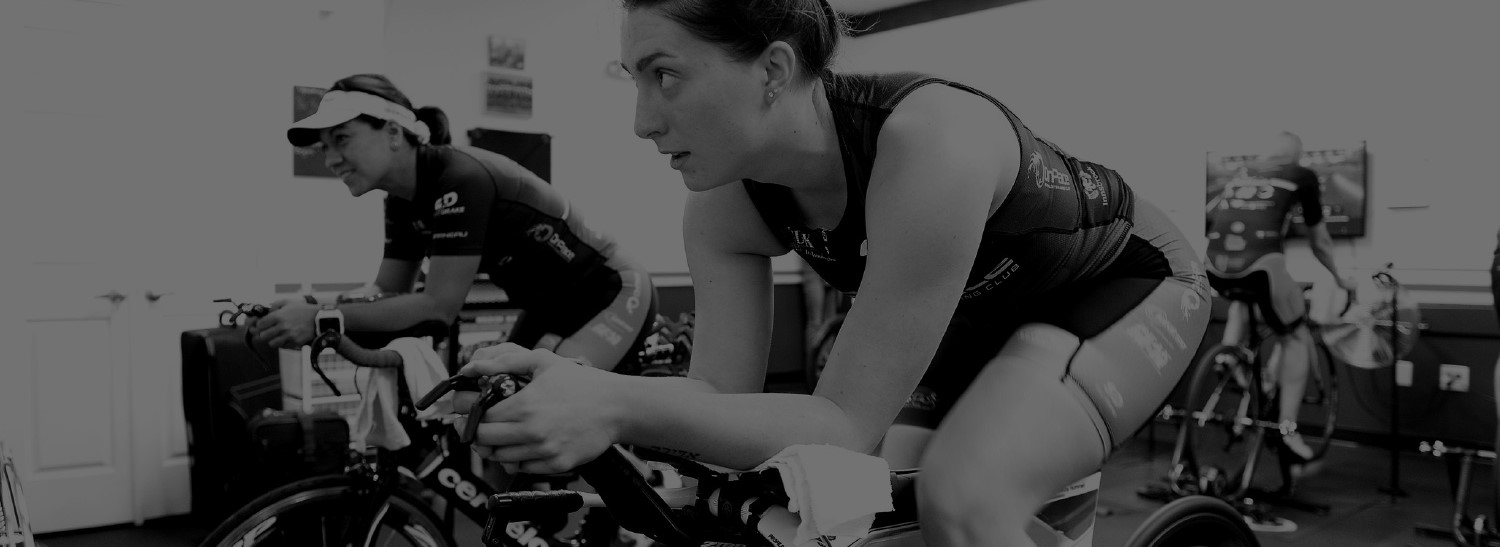In my last article, I discussed ways an athlete can refresh and strengthen his or her body in the off-season. In this article I will discuss what an athlete can do to help refresh and refocus the mind in the off-season.
Step one – take time off from structured training.
Depending on the athlete, the level they compete at, and how long their season was, this can be anywhere from two to eight weeks. Taking time off from structured training does not mean sitting on the couch playing video games all day, every day. What it does mean is any physical activity/” training” is not following a structured plan. Workouts and physical activities are just for fun. None of them should be forced. This freedom from having to do a particular workout on a particular day reduces stress and refreshes the mind. That said, after a few weeks of this, most athletes start getting anxious about losing fitness and not being “ready” for the coming season. This is a good thing. I tell my athletes all the time, “I want you anxious to start training before we get started.” If an athlete is not anxious, they need more time away from structured training. The primary reason for this is off-season training is typically dull and repetitive (by necessity) and there is no racing to break things up. So, if you are not anxious to get started, it is mentally difficult to stick with it.
Step two – assess your previous season.
What went right? What went wrong? When was I “going good”? When was I “going bad”? Why? What were my strengths? What were my weaknesses? Did I improve over the previous season? Did I reach my goals? If not, why not? Was it training? Was it lack of sufficient recovery? Was it race preparation? Was it race day failures/bad luck? Was it because the goals were unrealistic? Goals can be unrealistic for a variety of reasons including but not limited to: how much time did I have to train, how big an improvement was I looking for over previous performances, did I have the physical capability to reach my goals?
It is VERY important to answer these questions honestly. Do not rush through this process. Look back at your training diary. Do not just rely on your memory. If you have a coach, this assessment process should be a collaborative effort between the two of you. Once this assessment is complete (and not before) you should move to…
Step three – plan the upcoming season.
How much time do I have to train? What changes in my training are necessary to address my weaknesses? What are my goals? (I would encourage you to have training/improvement goals as well as event/competitive goals.) Are my goals consistent with what I learned from previous seasons and are they consistent with my talents/abilities (e.g., if my best 10K time to date is 45:30 chances are I’m not going to run a sub-40:00 10K in 2019)? How much and what type of training will I have to do to meet my goals? Is that realistic considering my life situation (job, family, etc.)? If it is not, then you need to adjust your goals.
Once again, as with assessing your previous season, this should be a collaborative effort between yourself and your coach.
Step four – WRITE IT DOWN!
My feeling has always been if you do not write goals down, they are not real. You should have short-term (e.g., add one mile repeat each week to my speed work session), medium-term (e.g., compete in an Olympic distance triathlon) and longer-term (e.g., complete an Ironman distance triathlon) goals and should post them where you will see them often (e.g., at your desk; on the refrigerator).
In addition, your season should be laid out in training blocks with your races (both goal races and training races) plugged into your calendar. Specific workouts don’t get plugged in until later in the season but a general outline of your training plan should be laid out. I would like to emphasize that this plan is just an outline. I do not think it is necessary or desirable to add a great deal of detail at this stage of planning. The reason being – life has a way of throwing us all curveballs and having a training plan that is laid out in explicit detail months in advance can actually create stress for the athlete if things happen that cause deviations from the plan. In my experience having a general layout for the season and adding in the detail as each training block approaches is a much better approach.
Taking the time in the off-season to plan your season allows you to focus 100% on executing your plan during the season and, hopefully, enjoying the journey more. As the old saying goes,
Cycling, Running, Sports Psychology, Swimming, Triathlon“He who fails to plan, plans to fail.”




